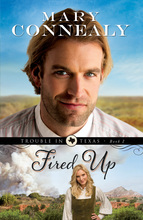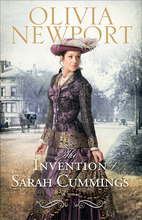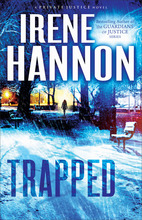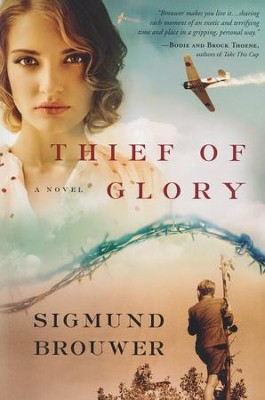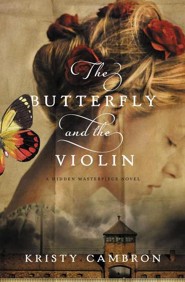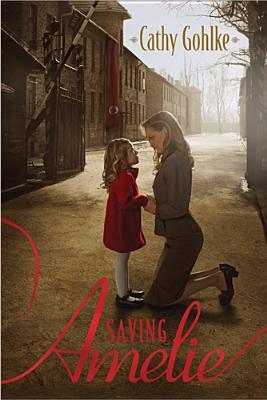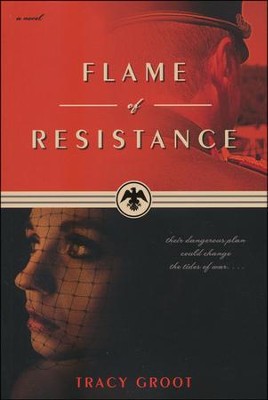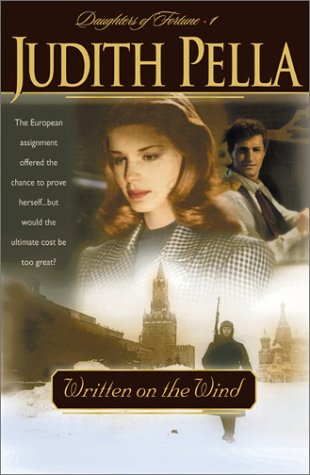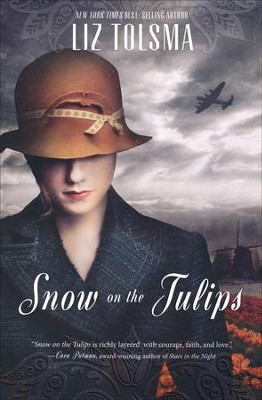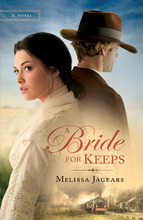 In Melissa Jagears' debut novel, A Bride for Keeps, our hero, Everett Cline, has lost four brides before they arrived at the altar: three to other men, and one to the grave. Though he has given up on marriage, to his surprise a beautiful Boston girl - Julia Lockwood - steps off the train expecting to marry him. Thanks to the scheming of his best friend's wife, Everett now has another chance at getting married, but why would a beautiful, wealthy young woman like her want to marry a poor farmer like him? And what is she running from that she would gladly take his name and slave for his home without knowing a thing about farming? And the biggest question of all - will she really stay with him until through death they do part?
In Melissa Jagears' debut novel, A Bride for Keeps, our hero, Everett Cline, has lost four brides before they arrived at the altar: three to other men, and one to the grave. Though he has given up on marriage, to his surprise a beautiful Boston girl - Julia Lockwood - steps off the train expecting to marry him. Thanks to the scheming of his best friend's wife, Everett now has another chance at getting married, but why would a beautiful, wealthy young woman like her want to marry a poor farmer like him? And what is she running from that she would gladly take his name and slave for his home without knowing a thing about farming? And the biggest question of all - will she really stay with him until through death they do part?There are a lot of mail order bride stories out there, but this is one of the best. Though it is not without humor, it also covers serious issues regarding love and marriage. The focus is on two strangers coming together and deciding to make their marriage work, in spite of their faults, in spite of going about things the wrong way, and in spite of their fears. The main characters are far from perfect - sometimes I wanted to shake them so they would just understand - but they really are likeable and admirable characters in spite of it all. Everett and Julia are depicted in such a way that I could both rejoice for them and hurt with them in all the trials they go through before and after their wedding while learning to be a couple.
Jagears does not gloss over the fact that marriages take a ton of work. She hints at the give and take of Dex and Rachel's marriage, in which we can see the fruit of their effort by the love they share. Ned and Helga's marriage is a sham - one takes all the other has to give and then some; there is no success for them. However, it is through Everett and Julia that we see the effort that needs to be involved. Both of them physically work hard to make the farm a success, but even though they willingly share the workload, their marriage is on shaky ground. They need to learn to be intimate - to share their hopes and dreams and to practice trusting each other, to open themselves to vulnerability. And being vulnerable is much harder than building a new cabin!
It is so easy to hold back when one is afraid of being hurt. Everett has lost his bride so many times he expects Julia to leave him, marriage vows or no, and he does not want to risk his heart over someone who could so easily steal it. Julia, too, has been hurt in the past by a man that would marry her, and her family history terrifies her away from intimacy. Both get hurt by holding back, and that holding back further hurts their spouse, but both fear the hurt that could exist by moving forward. It really comes back to I John 4:18 - that there is no fear in love. Yes, one can be terribly hurt by offering up one's heart, but to let the fear of it take control - that will not only shut out their love and one's own love, but also God's love. To love is a risk, but it is a risk that is always worth taking.
A Bride for Keeps is an lovely novel with moments of humor and moments of sorrow intertwined, much like life. Excellent debut! 5 out of 5 stars!
Many thanks to Bethany House and Netgalley for providing a free e-copy of the novel for the purpose of review; I was not required to make it positive, and all opinions are my own.
Unexpected Brides
1. A Bride for Keeps
2. A Bride in Store
3. A Bride at Last
Recommendations of novels along a similar vein:
A Promise to Love by Serena B. Miller and Serendipity by Cathy Marie Hake, two more good historical novels about making a marriage work
Sixteen Brides, by Stephanie Grace Whitson, a unique mail order bride novel that successfully follows the fates of a crew of 16 brides in Nebraska






